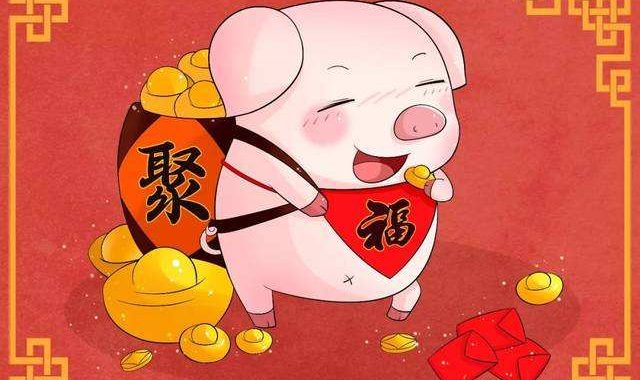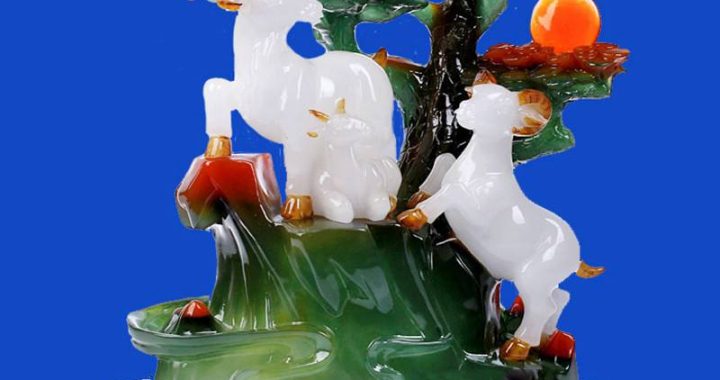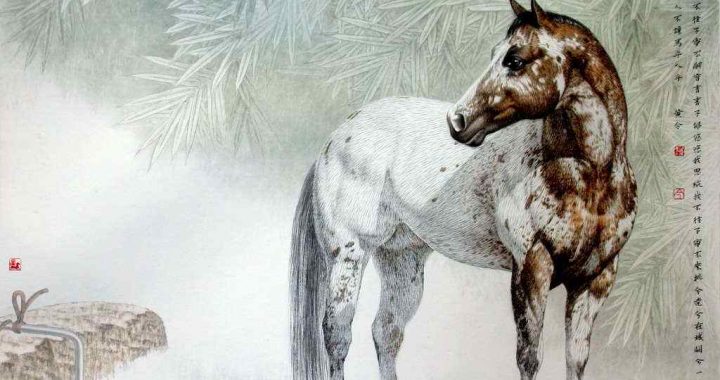The Duke of Zhou establishes the rites
5 min readIn ancient China,it was customary for clans to hold banquets for the purpose of discussing family affairs.As early as the Xia Dynasty(2070-1600 BC),a system of food protocol had been developed for these gatherings.Some of these customs have survived to the present day.
By the time of the Yin Dynasty(c.1300-1000 BC),rituals involving offering food to the gods and ancestors were prevalent throughout society.Only the choicest dishes were used for these offerings.
Following the completion of the ritual,the food was usually distributed among the participants.The culinary arts were quite sophisticated by this time,and the ruling class frequently enjoyed opulent banquets that included a wide array of dishes.History records that Zhou Wang(c.1100-1000 BC),the last emperor of the Yin Dynasty,was both tyrannical and depraved.For one of his extravagant feasts,he had a special pond dug and filled with wine,with sides of roasted meat suspended around the banks.The guests,both men and women,were forced to disrobe and chase each other naked through the‘”lake of wine and forest of meat,”guzzling wine and devouring chunks of meat as they caroused for the emperor’s pleasure.
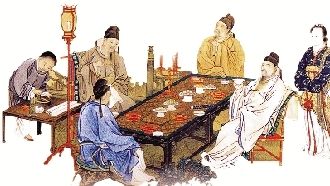
Banquet seating chart for host and guests
Shortly after the Yin Dynasty was overthrown by the Zhou Dynasty(1046-256 BC),the Duke of Zhou(dates of birth and death unknown)came to power as regent.Learning from the excesses of the Yin emperors,the Duke of Zhou outlawed debauchery and waste and established the system of protocol and ritual that was passed down through the ages as the rites.There are three primary ancient classics concerning the rites:Zhou Li(Rites of the Zhou),Yi Li(Protocol and Rites),and Li Ji(The Book of Rites).These works offer a detailed picture of the food protocol of the Zhou Dynasty,including rules and rituals for entertaining guests,serving elders and dignitaries,holding official banquets,and having daily meals.
Yi Li(Protocol and Rites)specifies the following protocol to be followed at state banquets for visiting foreign dignitaries.First,The emperor dispatches a senior official to the guest quarters to relay the invitation.The dignitaries are expected to politely decline several times before finally agreeing to accompany the messenger to the banquet.Inside the banquet hall,all is in readiness.The emperor,dressed in full regalia,welcomes the honored guests outside the main entrance.The host and guests offer their mutual respects,and the guests express their gratitude for the invitation.Only then do they enter the banquet hall and take their seats.Attendants appear with serving vessels of all kinds,filled with fish,meat,and vegetable dishes,condiments,and beverages.The serving of the various dishes,the tableware used,and the seating of the guests all follow a strict order which must not be violated.
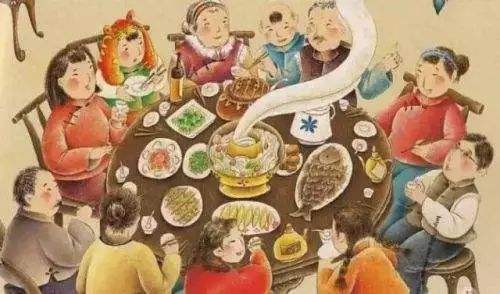
When the banquet commences,the host and guests defer to each other repeatedly before starting to eat.After the banquet has concluded,the guests prepare to take their leave.The attendants wrap up the uneaten food for the guests,and accompany them back to their quarters with the leftovers.
Ordinary banquets also followed strict protocol.The seating order of the host and guests was determined according to status,with the eldest or most honored guest seated at the head of the table.
If the guests sat facing each other along the north and south sides of the table,the west side was considered to be the head of the table.If the guests were seated along the east and west sides of the table,the north side was considered to be the head.
In ancient China,prior to the invention of tables and chairs,people sat on mats on the floor to eat.
Generally,the elder guests sat up a little ahead of others.The guests would sit up when food was served or an honored guest arrived,as a sign of respect.Prior to eating,the host would lead the guests in making a ritual offering of food and wine to the ancestors who invented cooking.The placement of food followed set rules.Dry dishes were placed by each guest’s left hand and wet dishes such as geng(thick soup or stew)by the right.Vinegar,sauces,and condiments were positioned within easy reach.
The guests were expected to enthusiastically accept portions of each dish offered by the host.It was considered rude to refuse.When guests finished eating,the host would signal the end of the banquet.
The guests would then start to clear the dishes and put away the leftover food.Only after the host insisted repeatedly would they allow the servants to clean up.
There were also commonly accepted table manners for family meals.For instance,everyone was expected to be wait their turn to be served and to eat.The food nearest to the diner was eaten first;reaching across a dish for an especially tasty tidbit was considered greedy.It was impolite to chew loudly or to gnaw on bones,to put partially eaten food back in the serving dish,or to throw bones to dogs.It was bad manners to monopolize any dish so that others didn’t get their share.Soup was eaten without loud slurping;pieces of meat or vegetable in the soup were lifted out using chopsticks.People were not supposed to pick their teeth while eating.It was impolite to add seasonings to any of the dishes;doing so would cause the host to apologize profusely and insist that the food was poorly prepared.Drinking the sauce from a cooked dish was rude,and taken by the host as a sign that there wasn’t enough food.Elders were always served first;everyone else waited until the elders had started eating before serving themselves.When the elders were finished eating,everyone else had to stop as well.
All is in readiness
Confucius spent his lifetime extolling the virtues of the rites of the Zhou Dynasty,particularly food protocol.He taught that people should not talk while eating,and should not eat food that was not prepared in accordance with the rites.He also said that people should forego wine,meat,and strong-flavored foods such as onions and garlic prior to making sacrificial offerings.
The specific provisions of the Zhou rites underwent numerous changes during subsequent dynasties.
However,their fundamental principles,including respect for elders,mutual consideration,and harmony and moderation,remained the same.The profound influence of these concepts on China’s food culture can still be felt today.
